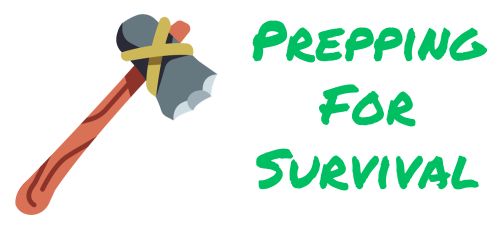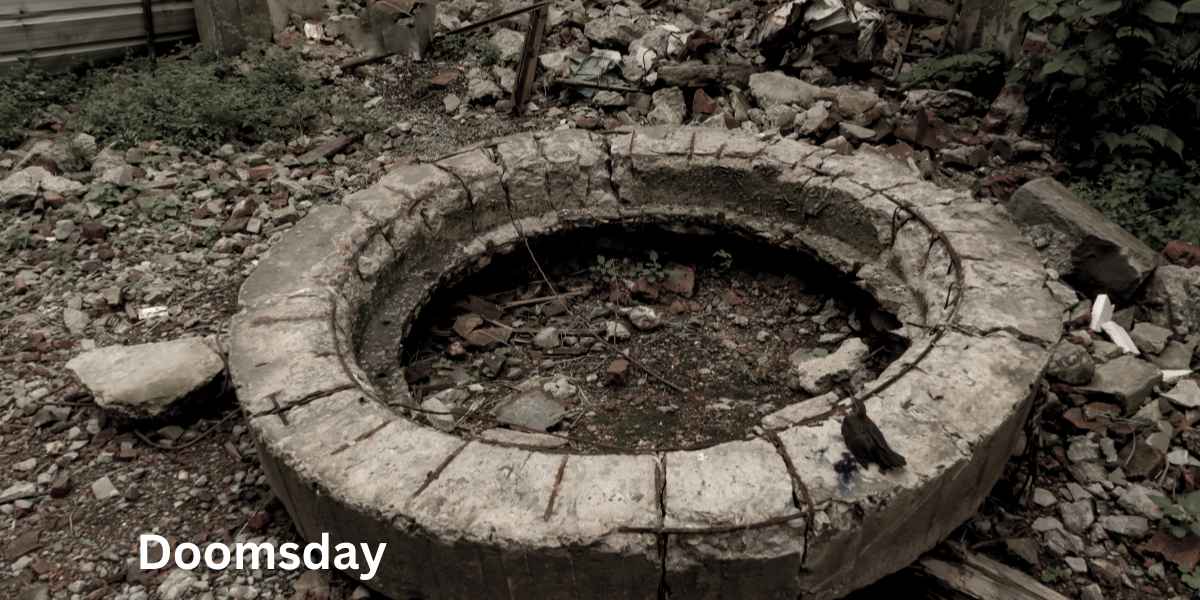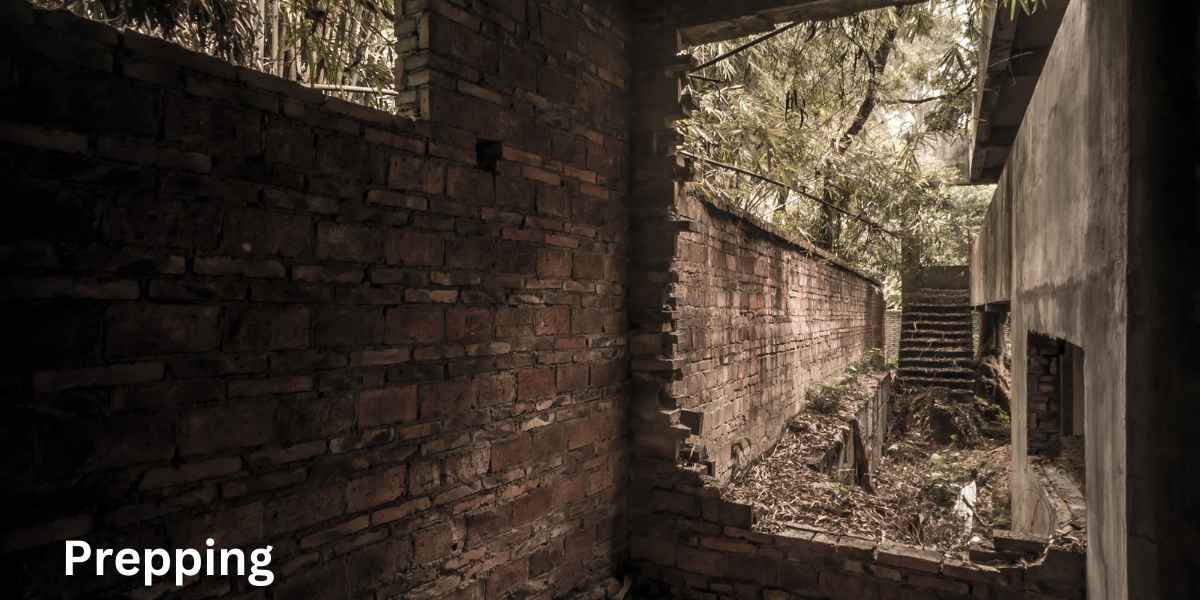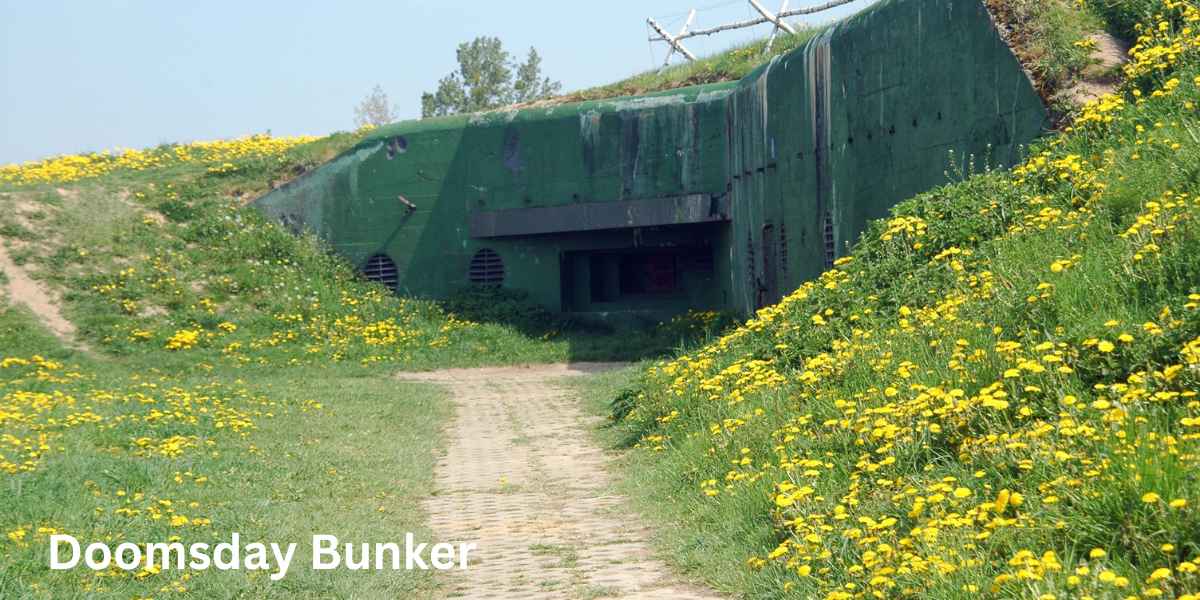The word “doomsday” evokes powerful emotions—fear, curiosity, and even fascination. It conjures images of catastrophic events, the end of the world, and humanity’s struggle for survival. But what does doomsday mean, and why has it captured the collective imagination for centuries? Understanding this term is essential, not just for its historical and cultural significance, but also for its relevance in today’s uncertain world.
In this guide, we’ll explore the meaning of doomsday, its roots in history, its modern interpretations, and why it matters to people preparing for the unexpected.
The Definition of Doomsday
At its core, “doomsday” refers to a day of reckoning or judgment, often associated with the ultimate end of the world. However, its usage and interpretation vary depending on context.
The Traditional Meaning of Doomsday
Historically, the term originates from Old English dōmes dæg, meaning “Day of Judgment.” It was deeply rooted in Christian theology, symbolizing the day when God would judge all souls.
Modern Interpretations of Doomsday
Today, the word has taken on broader meanings, often used to describe scenarios involving:
- Catastrophic events like nuclear wars, asteroid impacts, or environmental collapse.
- Hypothetical existential threats, such as artificial intelligence or global pandemics.
- Personal or societal upheavals that feel apocalyptic in scale.
Why Understanding Doomsday Matters
While the term may seem abstract or exaggerated, its implications are very real in terms of preparedness and mindset.
The Reality of Global Threats
Doomsday scenarios often reflect genuine concerns:
- Climate Change: Rising sea levels and extreme weather could lead to widespread displacement.
- Nuclear Tensions: Escalating conflicts heighten fears of global warfare.
- Pandemics: Recent events like COVID-19 have shown how quickly society can be disrupted.
Psychological Impact
The concept of doomsday affects how people perceive risk and prepare for the future. For some, it sparks anxiety; for others, it inspires proactive planning.
How Doomsday Influences Culture and Society
Doomsday has long been a powerful theme in religion, literature, and entertainment. Let’s explore its impact across these realms:
Religious Context
In Christianity, Islam, and other faiths, doomsday often symbolizes divine judgment and the ultimate battle between good and evil. These beliefs have shaped how societies approach morality and redemption.
Literature and Media
From classics like The Road by Cormac McCarthy to blockbuster films like Armageddon, doomsday scenarios captivate audiences by exploring humanity’s resilience and ingenuity.
The Prepper Movement
Modern doomsday culture has fueled a rise in “preppers,” individuals dedicated to surviving catastrophic events. They often focus on self-sufficiency, stockpiling supplies, and learning survival skills.
Frequently Asked Questions About Doomsday
What are some common doomsday scenarios?
Doomsday scenarios include nuclear war, climate change, asteroid impacts, pandemics, and societal collapse. These events are studied by scientists, governments, and survival experts to prepare for potential threats.
Is doomsday preparation realistic or paranoid?
Preparation is a practical response to uncertainty, while paranoia involves excessive fear. Building an emergency kit or learning survival skills is a balanced approach to readiness without succumbing to panic.
Are doomsday predictions reliable?
Most doomsday predictions are speculative and often rooted in sensationalism. However, some scenarios, like climate change, are backed by scientific evidence and warrant attention.
Lessons from the Doomsday Concept
Doomsday, whether literal or metaphorical, offers valuable insights into planning for the future. Here’s how you can apply its lessons:
Evaluate Real Risks
Understand the likelihood and impact of potential threats. Focus on preparing for plausible scenarios like natural disasters or power outages rather than improbable events.
Develop a Resilient Mindset
Doomsday is ultimately about resilience. Strengthen your adaptability and problem-solving skills to navigate crises effectively.
Take Practical Steps Toward Preparedness
- Build an Emergency Kit: Include essentials like water, food, first aid, and communication tools.
- Create a Family Plan: Ensure everyone knows how to respond during emergencies.
- Stay Informed: Monitor news and alerts from reliable sources.
The Balance Between Awareness and Action
While the idea of doomsday may seem daunting, it’s important not to let fear paralyze you. Instead, channel your awareness into actionable steps:
- Engage in Community Efforts: Join local preparedness groups or disaster response initiatives.
- Learn Continuously: Keep up with developments in science, technology, and emergency management.
- Practice Gratitude: Recognize the stability of the present while preparing for potential disruptions.
What Doomsday Means for You
So, what does doomsday mean? At its heart, it’s a call to reflect on life’s uncertainties and our ability to face them. Whether you view it through the lens of religion, culture, or science, doomsday highlights the importance of preparation, resilience, and hope.
Start today by evaluating your own readiness. Understanding risks, building practical skills, and fostering a proactive mindset will empower you to face challenges with confidence. After all, the best way to prepare for doomsday is to live with purpose and preparedness every day.




Leave a Reply